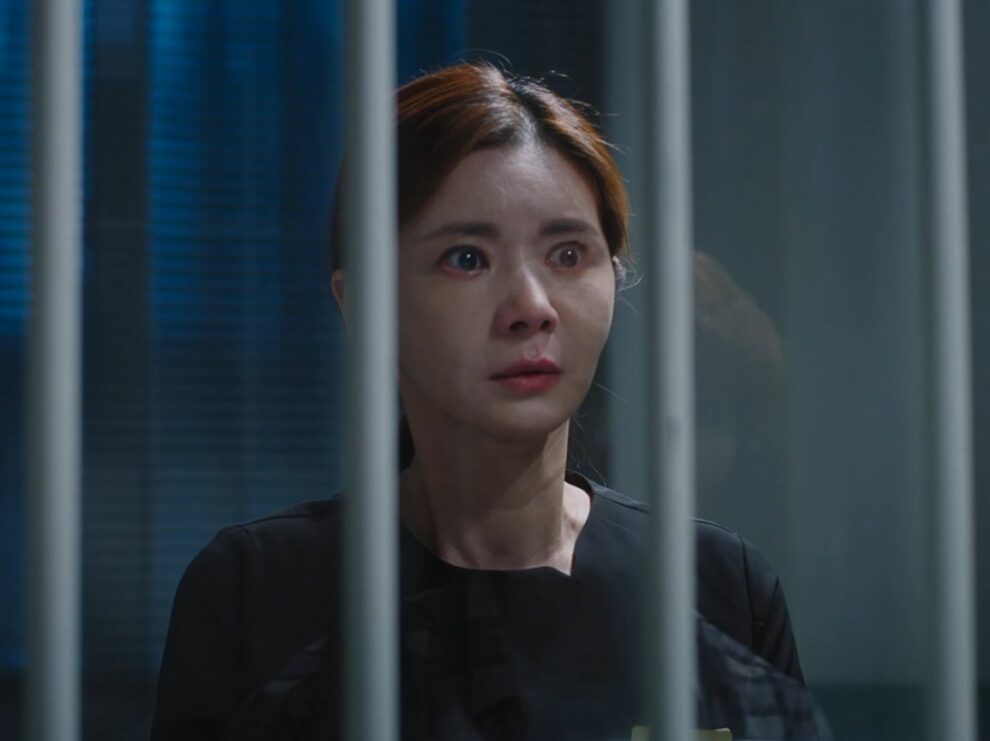BIFAN has established itself as one of the most significant festivals in Asia regarding the genre cinema of the region, with their program always being quite interesting through its focus on Korean cinema firstly and then of Japan and the rest of the region, along with a number of international titles. As such, the fact that the local industry is in trouble was more than evident this year, when genre movies in particular suffered, mostly due to issues with writing and also due to financial ones. It is true that Korea's top filmmakers (Bong Joon-ho, Park Chan-woo, Lee Chang-dong etc) are at the top of the world, but it has become obvious that below that level, the quality drops significantly.
Nevertheless, the aforementioned does not mean that the programs was without a number of gems. “Iron Mask” about a kendo athlete carrying a trauma, “Her Hobby” with its transition from a family drama to a horror and “Immortal” with its mockumentary aesthetics (even if the ending was somewhat faulty) definitely stood out. Regarding Japan, BIFAN offered a treat with the essentially lost 1998 film “Door” by Banmei Takahashi, which also offered the opportunity to talk to the director and his wife Keiko, who was the protagonist. Furthermore, Yudai Yamaguchi and Tak Sakaguchi vehicle “One Percenter” is bound to found its place in the best action movies list of this year. If we were to pick just one movie, however, that would definitely be “Toxic Parents” a family drama that truly stood out both for its script and direction, but also for an astonishing performance by Jang Seo-hee.
You can check the full articles by clicking on the titles
1. Interview with Anurag Kashyap and Rahul Bhat
2. Film Review: Privacy (2023) by Sudeep Kanwal
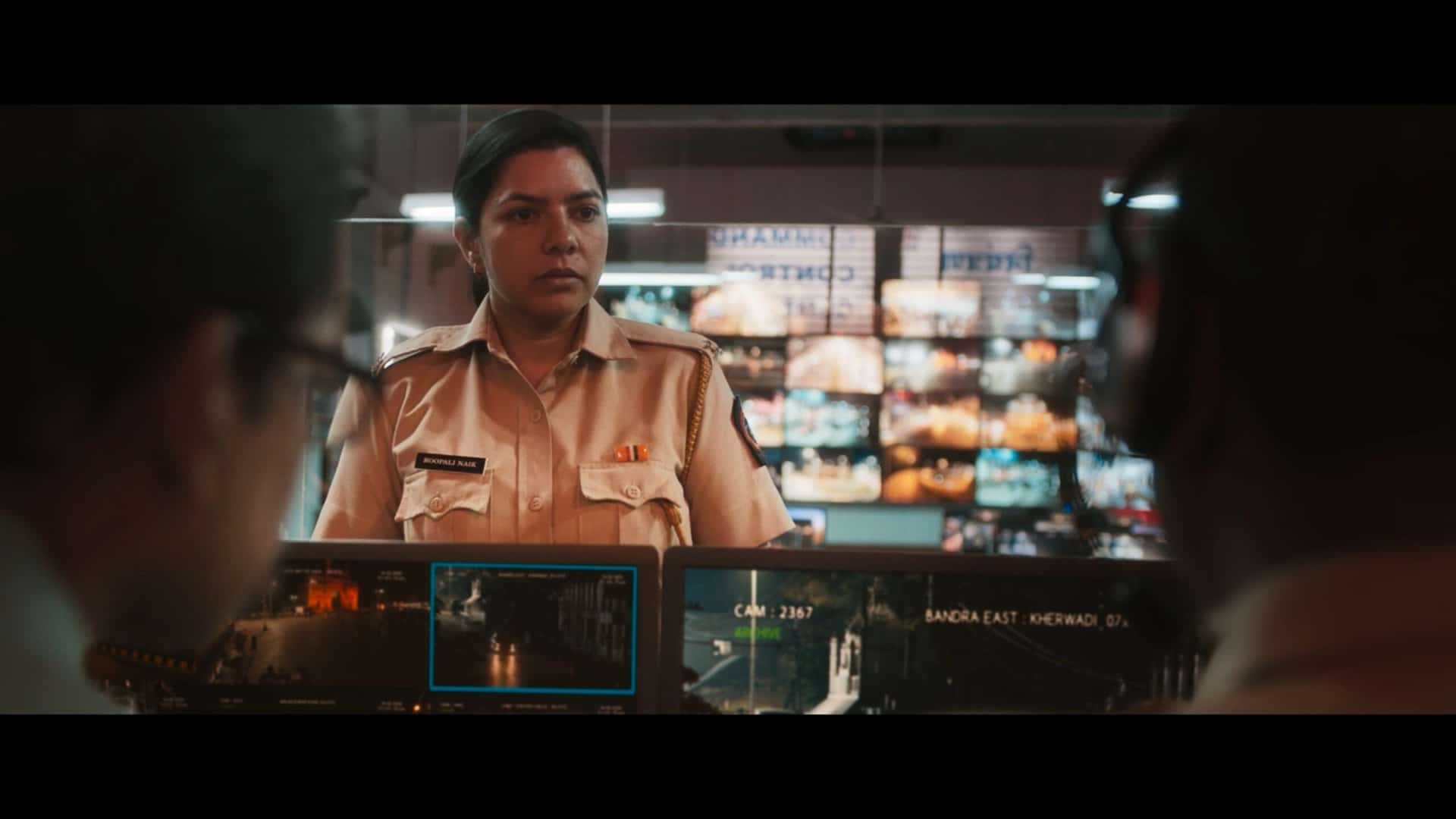
The first thing one will notice in the movie is how Sudeep Kanwal manages to create an atmosphere that combines voyeurism, disorientation, and a sense of mystery that derives from the layers Roopali's character seems to have. In that fashion, the reasons for her actions are shrouded in mystery, which are revealed gradually, though, as the economical 85 minutes of the movie pass. At the same time, and through the story, Kanwal makes a number of social comments. The concept of government surveillance and the issues it can create is a central one, but the narrative also deals with human nature, particularly regarding the aspects of voyeurism, ambition, revenge, and the impact of trauma, all of which are presented through Roopali. The fact that she is willing to go to extremes to achieve her goals also moves in the same path, while benefiting the most by a rather convincing performance by Rajshri Deshpande in the role.
3. Film Review: I Haven't Done Anything (2023) by Park Sang-min
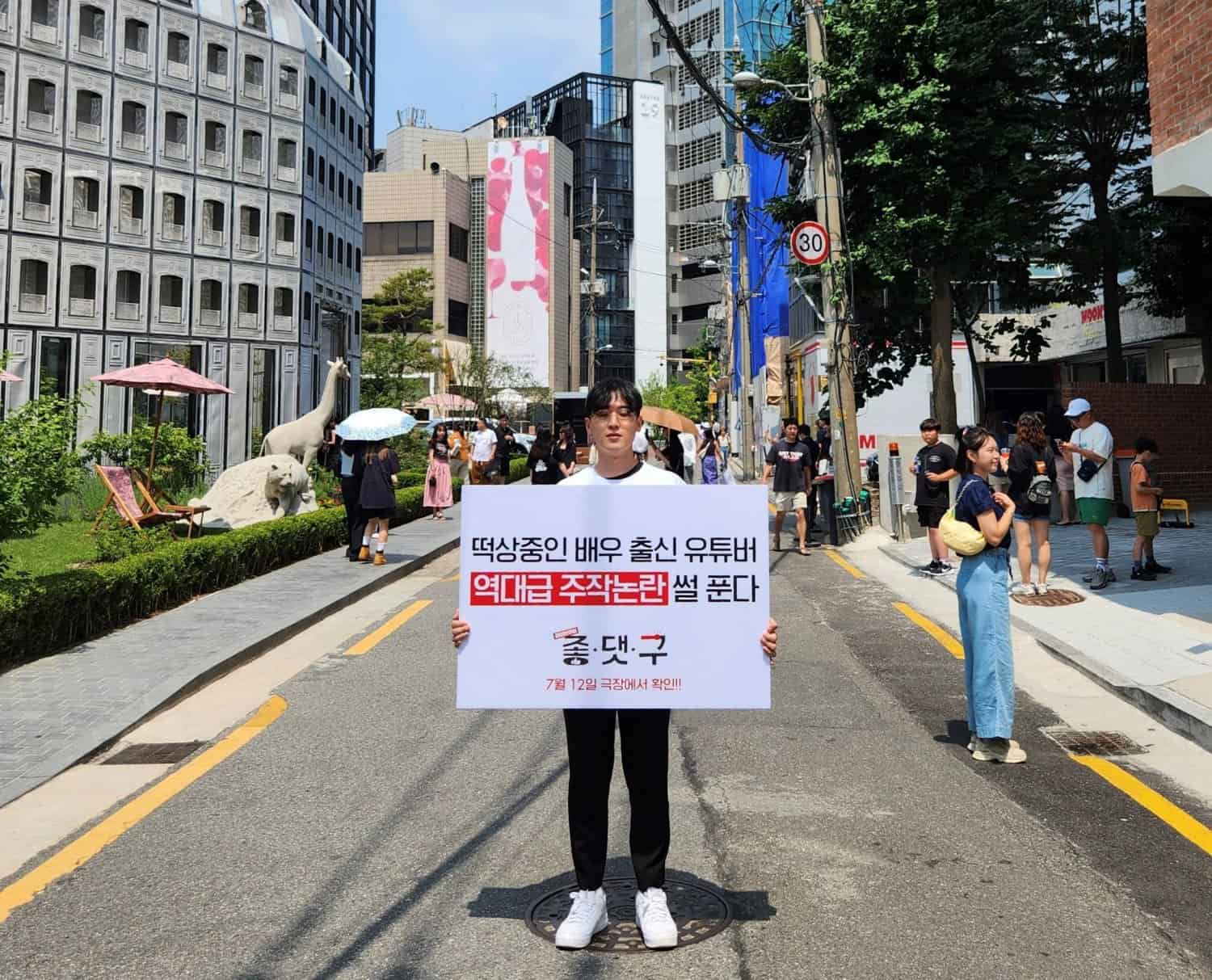
To begin with, the whole concept of mimicking Choi Min-sik's Oh Dal-su while loaning the man with the picket from “Crying Fist” is a hilarious trope on its own, that actually carries the movie for the majority of its duration. The self-deprecating humor is also all over the place, with Oh Tae-kyeong even mocking himself for his bulging eyes, explaining that it has to do with a thyroid condition, while the critique of the movie industry and particularly the way the actors are cast is as funny as it is pointed.
4. Film Review: The Up Rank (2022) by Kulp Kaljareuk and Vathanyu Ingkavivat

Kulp Kaljareuk and Vathanyu Ingkavivat seem to know (or have researched at least) the world of online gaming, with its various aspects being portrayed with an entertaining realism. The obsession the particular concept causes is a central theme, as we watch U playing on his phone wherever he goes, but the movie also shows the money-making opportunities and the star system the particular world has created which very frequently can be a way out for poor kids whose only talent is video gaming. Also interesting is that boosting actually belongs to a gray area, since, although gaming companies are forbidden, it is not practically illegal, and the only issue with the law is that probably the people who deal with it do not exactly declare their profits on IRS, with the directors playing with the concept throughout the movie.
5. Film Review: One Percenter (2022) by Yudai Yamaguchi

Yudai Yamaguchi creates a movie that is split in two essentially, with the invasion of the Yakuza providing the dichotomy, although retaining the meta element of the film-within-a-film throughout its duration. In that fashion, the film begins with Toshiro Takuma talking on camera about his idea of action on movies, also exhibiting some of his techniques, in a style that resembles that of the documentary, or even better, mockumentary. Continuing in the same fashion, the movie moves by presenting the behind-the-scenes of a samurai movie where Toshiro eventually finds himself clashing with the director, in a part that makes a comment about how the industry works, with the roles of the producer (as in the one who puts in his money) and his relationship with the director being particularly criticized.
6. Interview With Yudai Yamaguchi and Tak Sakaguchi
7. Film Review: Toxic Parents (2023) by Kim Su-in
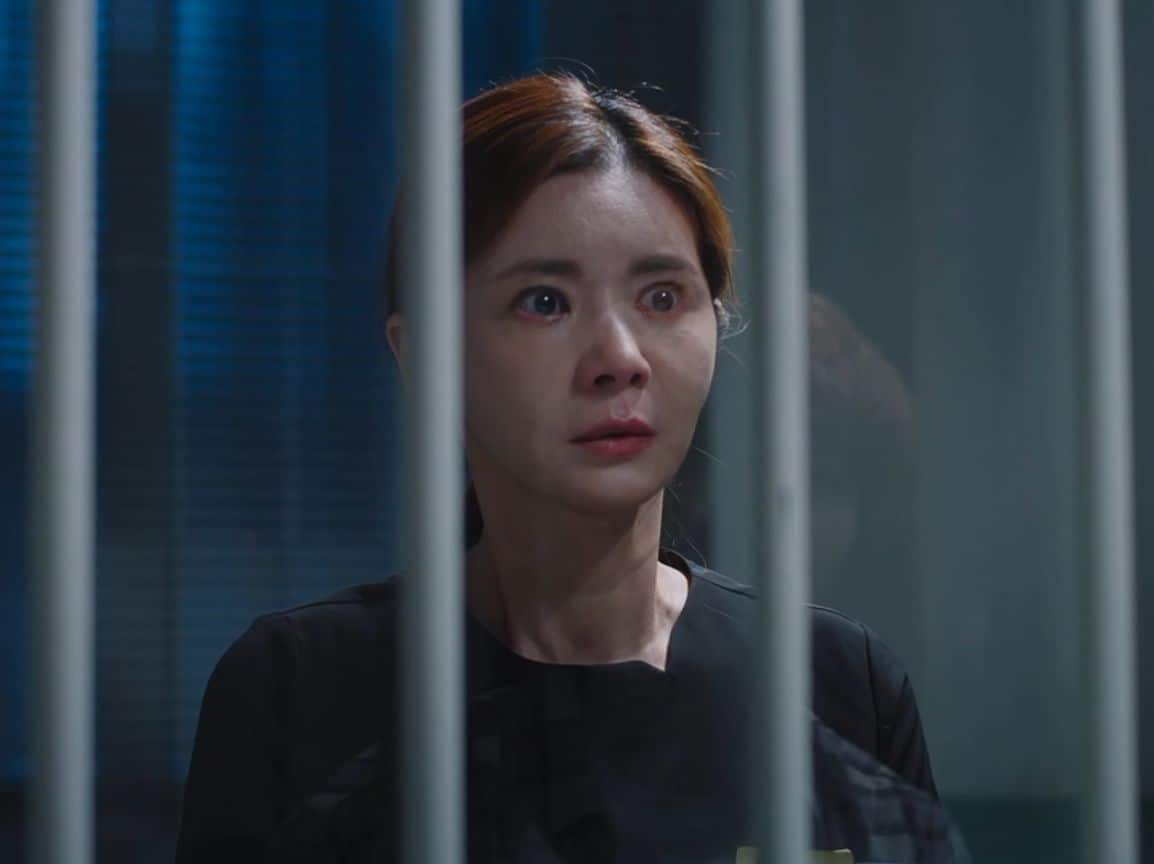
The strength of “Toxic Parents” lies in its sneaky subversion of genre tropes. The initial tragedy brings together a group of detectives and tasks them with a standard case of getting to know a complicated teenager from beyond the grave, albeit with some modern touches about her online identity and extensions of herself through technology. It's the details of the case and the structure of the film that brings its thesis into a more interesting, empathetic light; Kim's writing deals with the complex interior lives of its characters with great sensitivity and grace, and while the gradual revealing of their layers doesn't lead to anywhere completely unexpected, the emotions of these multi-faceted individuals ring completely true. By the tragic final scene of “Toxic Parents”, the film has shaken off its murder mystery trappings, taking what was initially a straightforward thriller and turning it into an affecting and disarming drama.
8. Interview with Tsogtbayar Namsrai and Batdelger Byambasuren
9. Film Review: Best Regards to All (2023) by Yuta Shimotsu
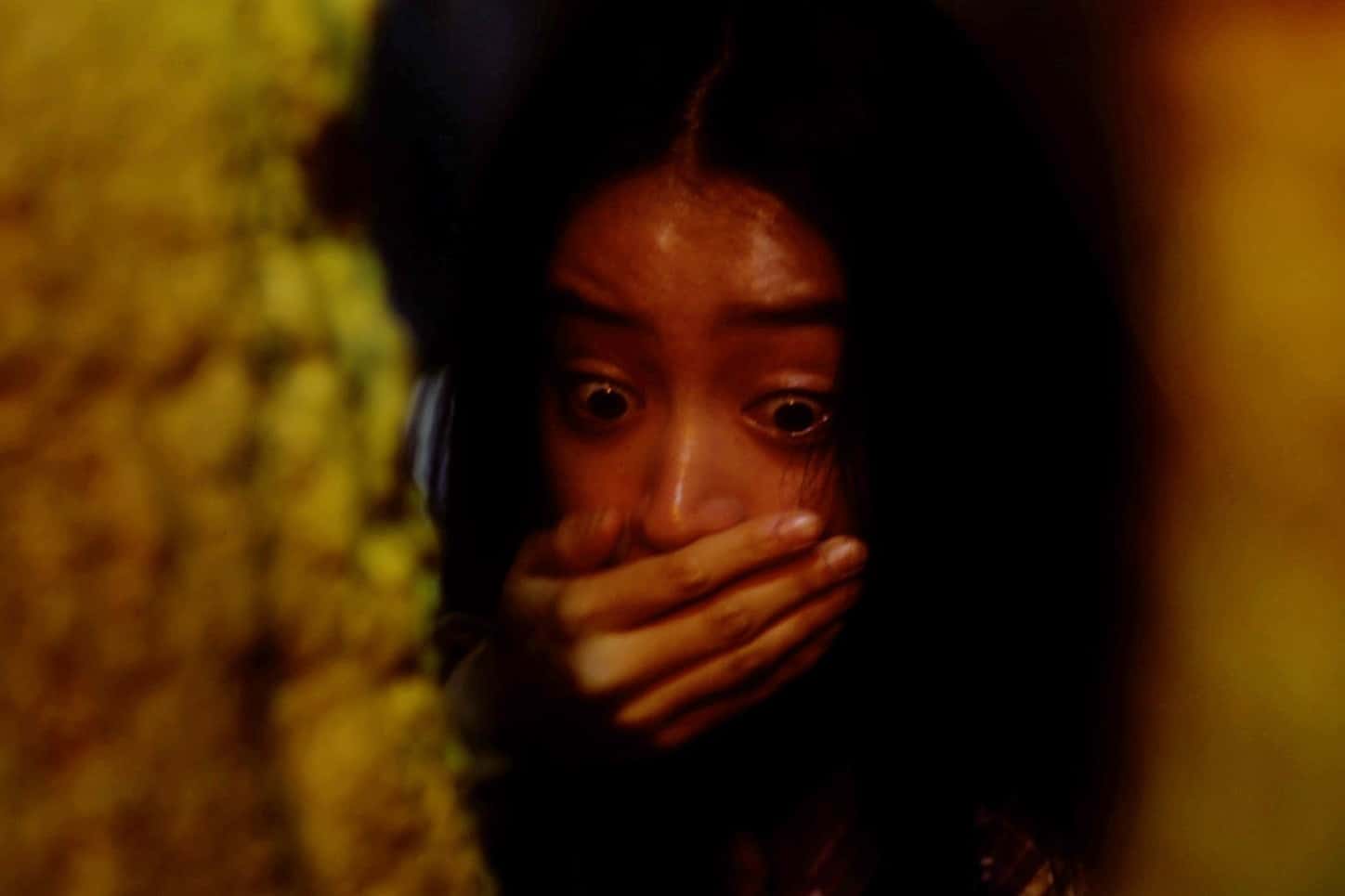
Probably the best aspect of Yuta Shimotsu‘s direction and of the film in general is how the atmosphere of horror is implemented and expanded throughout the movie's duration. In that fashion, the initial scenes show that something must have happened in the past but the story soon makes the viewer forget it, only to return to it even more intensely, through brief and well placed scenes within the narrative. Expectedly, the Granddaughter eventually realizes what is happening, but that is only the beginning, as the full extent of the practices of the locals continues to be revealed as the movie progresses. Furthermore, the shock of the actions of the members of her family is later on replaced by a claustrophobic sense that there is no way out, only for that sentiment also, to change to something even worse.
10. Film Review: Jango: Uncharged (2022) by Baek Seung-kee
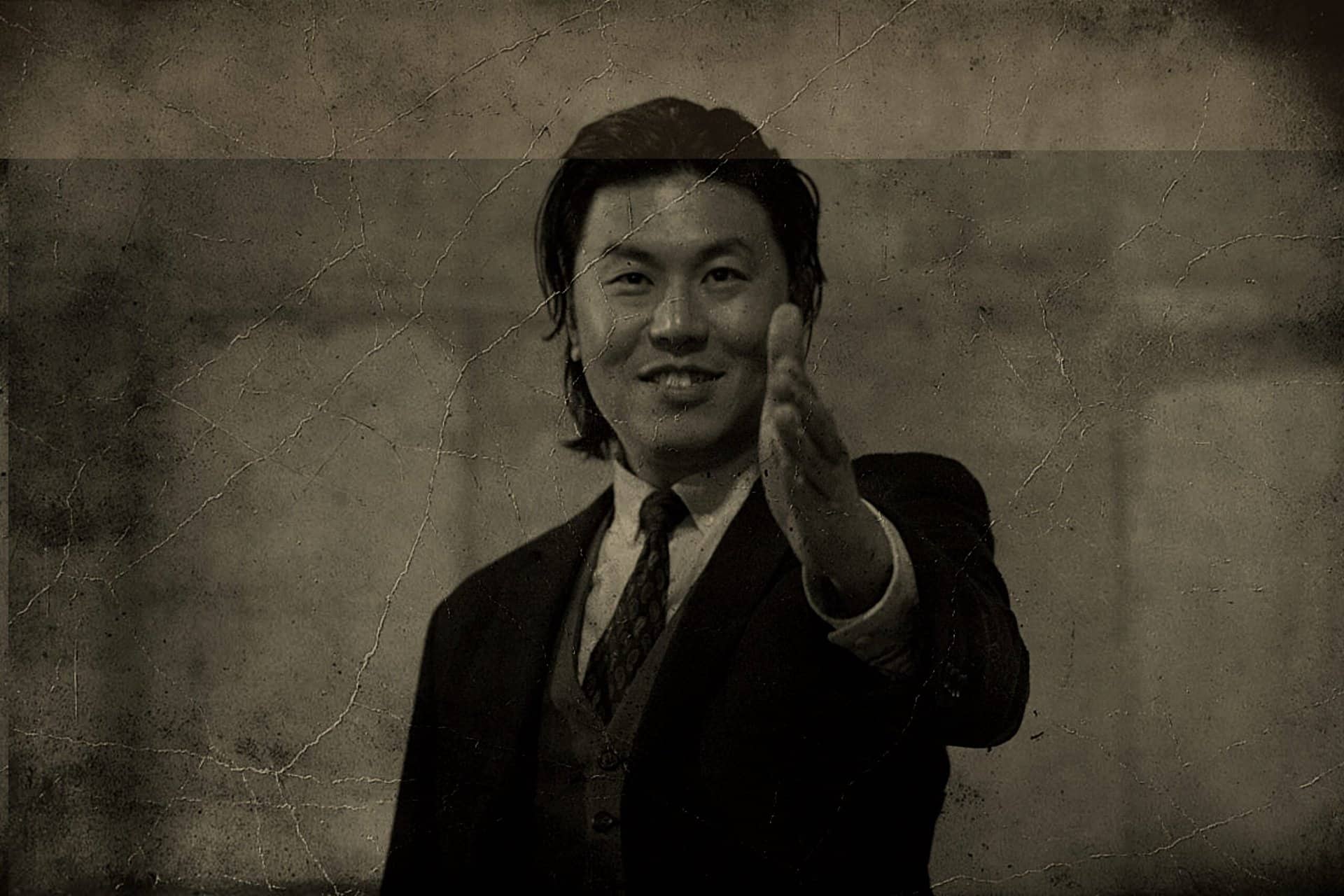
Evidently, the overall narrative here is absurd, with Baek Seung-hee parodying both the Tarantino movie and all those meta films-about-films that seem to have become kind of a trend lately. Also evidently, the film is rather low-budgeted (the director is also the scriptwriter, DP and editor), in a way, though, that Baek manages to present as if done on purpose, for the most part at least, as there are scenes that look as if they belonged to bigger budgeted movies. The Western-like finale is a prominent example of this tendency, as is the montage of the killing of a number of people (merchants, teachers, students, athletes etc) which also feature a rather appealing music track and the frequent changes from black-and-white to color sequences. The aforementioned horse in an indication as are the really bad English spewed throughout also move into the same direction even if on the opposite, low-budget this time, fashion.


